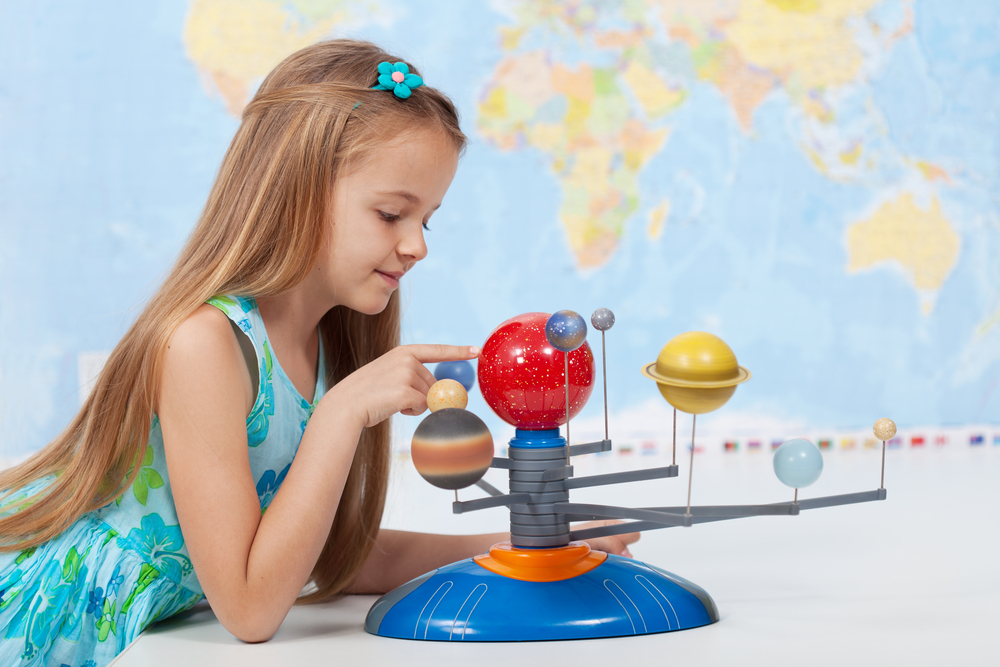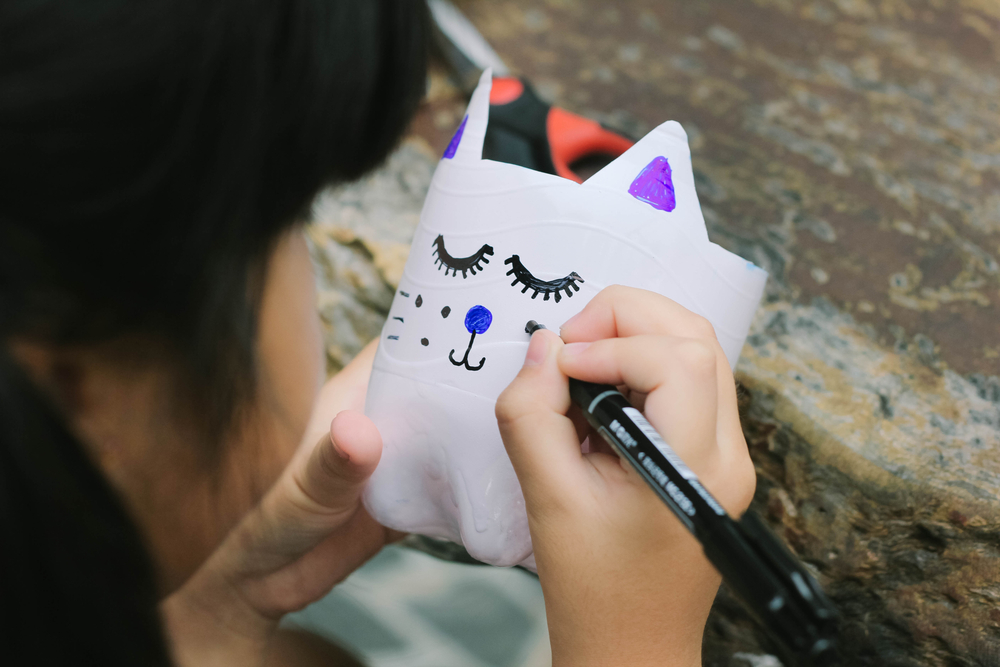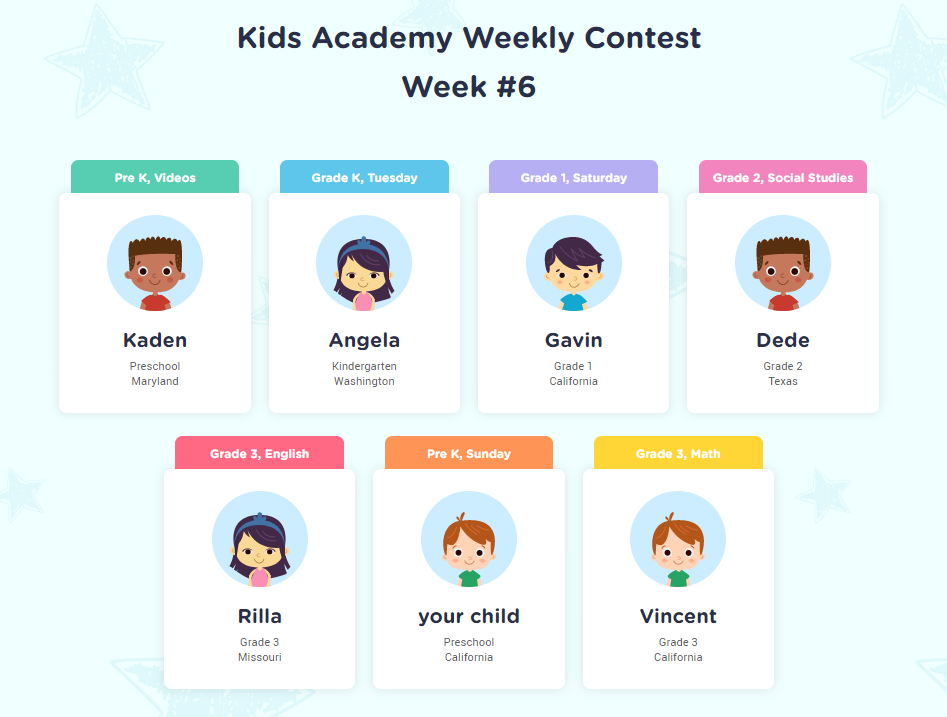Vocabulary Building Normal Science Worksheets for Ages 6-7
10 filtered results
-
From - To
Boost your child’s scientific literacy with our Vocabulary Building Normal Science Worksheets for Ages 6-7. Kids Academy’s curated collection of worksheets integrates core science concepts with engaging exercises designed to expand young minds. These educational resources cultivate fundamental vocabulary skills, laying a strong foundation for future scientific learning. Through fun and informative activity sheets, children will explore diverse topics, reinforce key terminology, and develop critical thinking abilities. Perfect for classroom or at-home learning, these worksheets will ignite your child’s curiosity and passion for science, ensuring a seamless and enjoyable learning experience. Empower your child today—print, practice, and progress with Kids Academy!
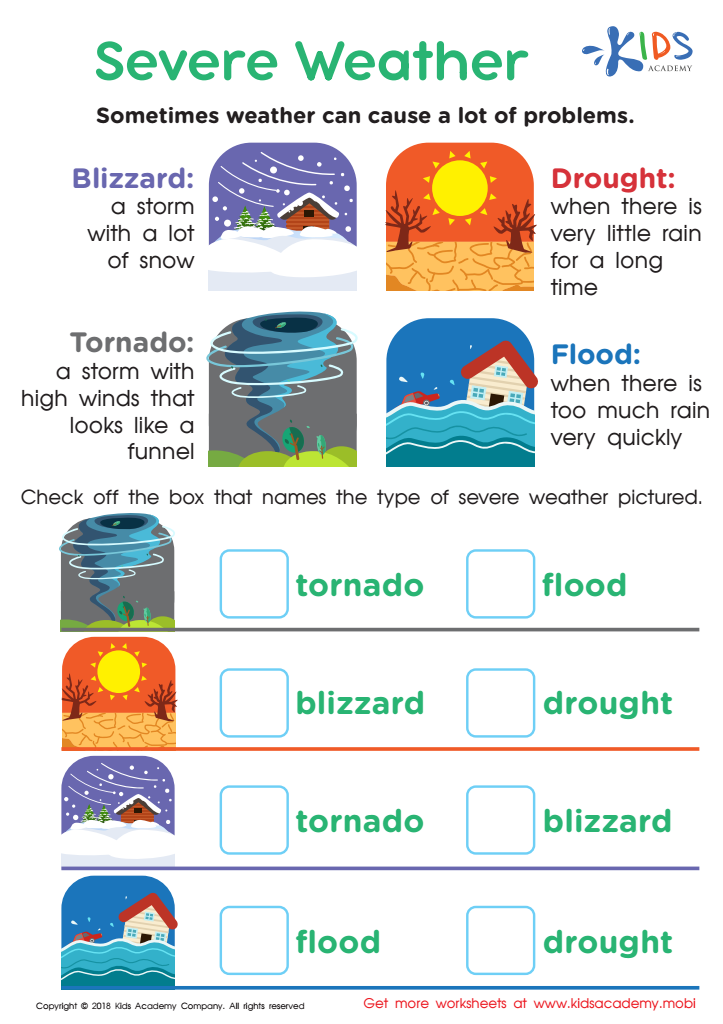

Severe Weather Worksheet
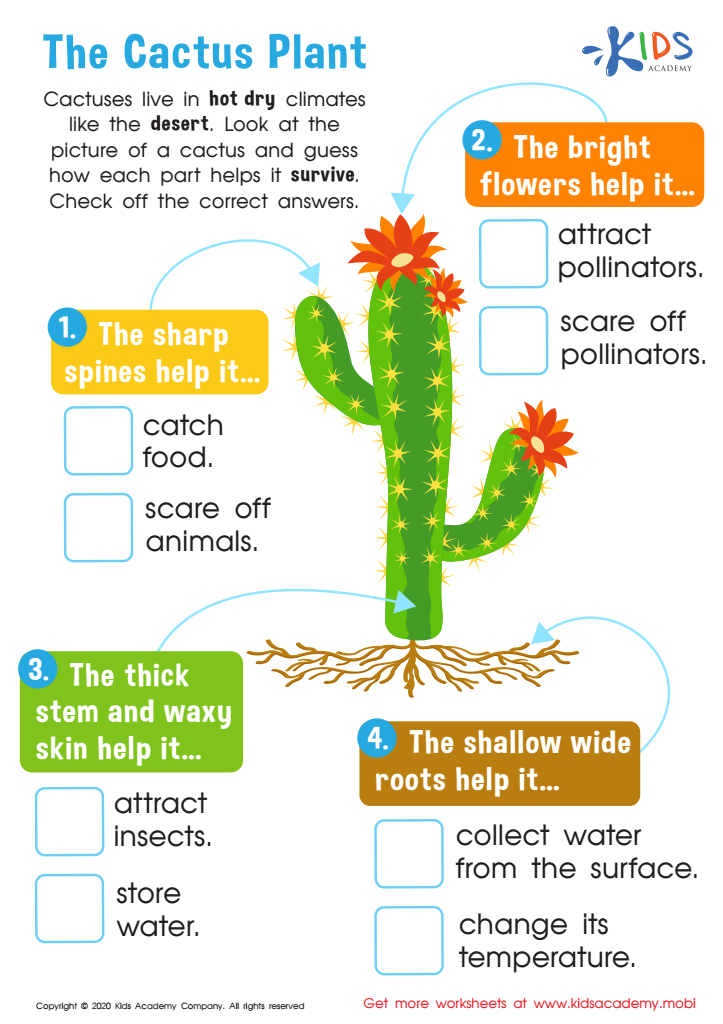

The Cactus Plant Worksheet
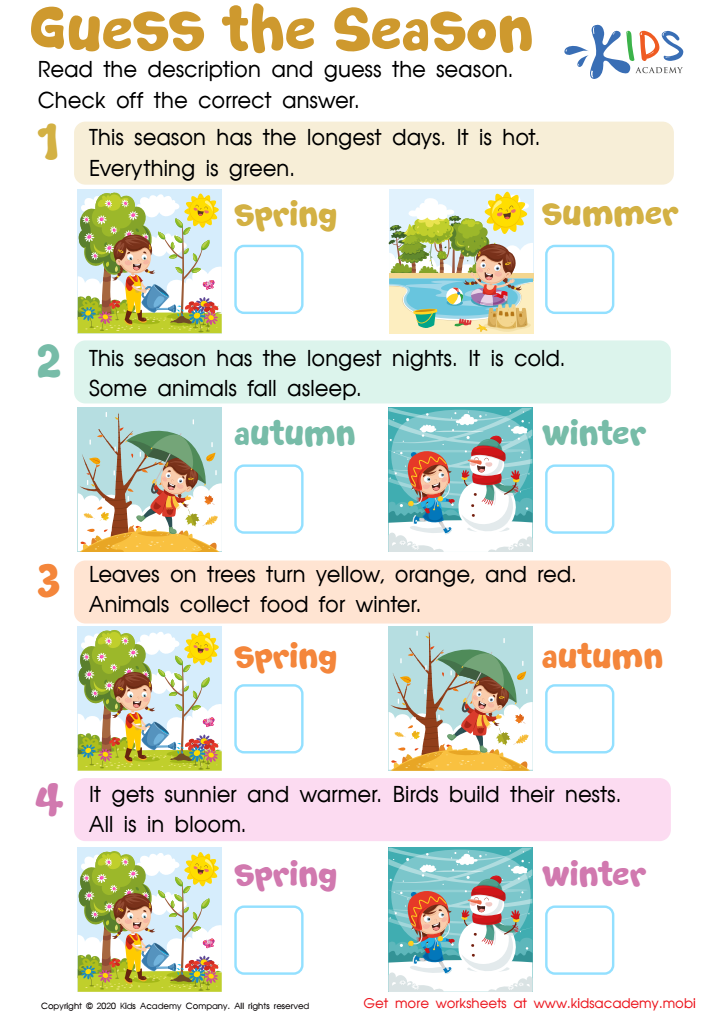

Guess the Season Worksheet
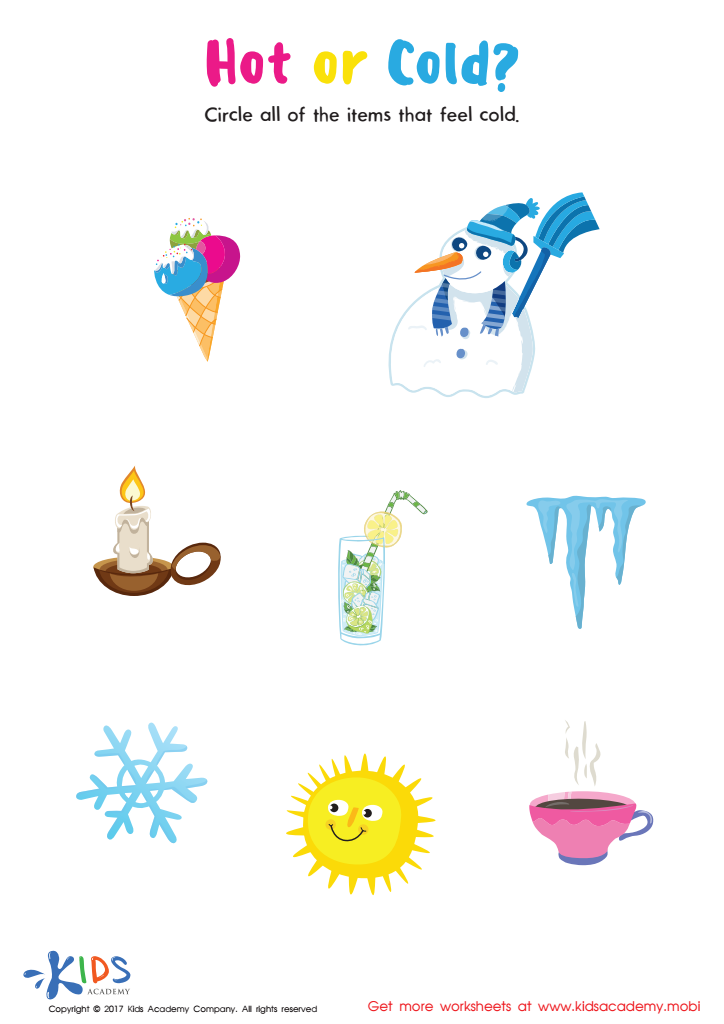

Hot or Cold Printable
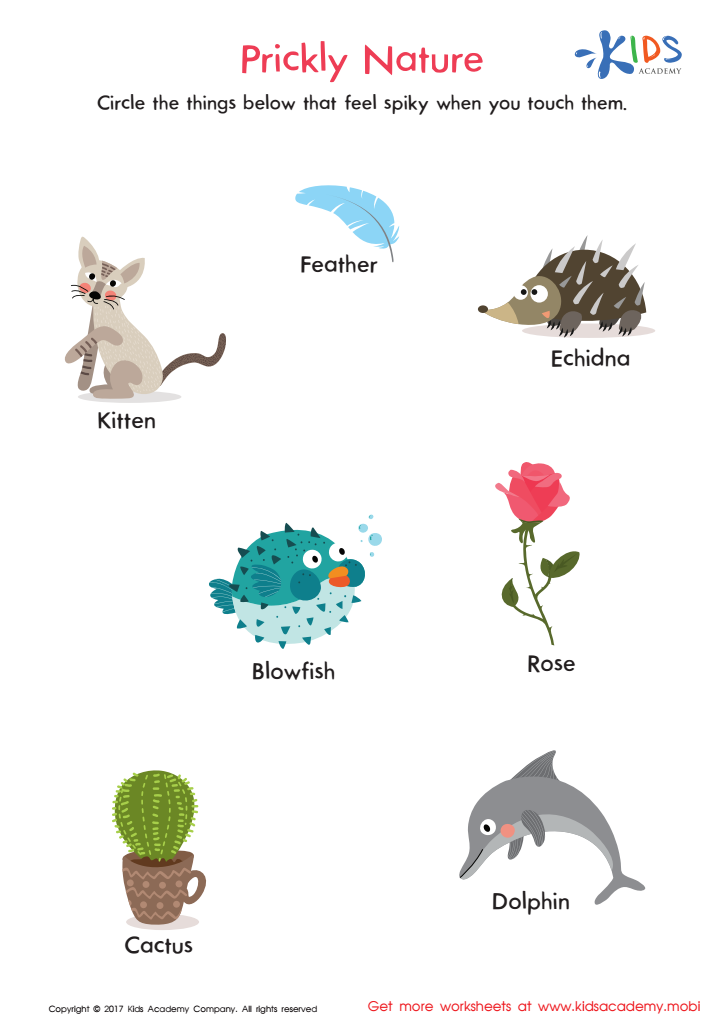

Prickly Nature Worksheet
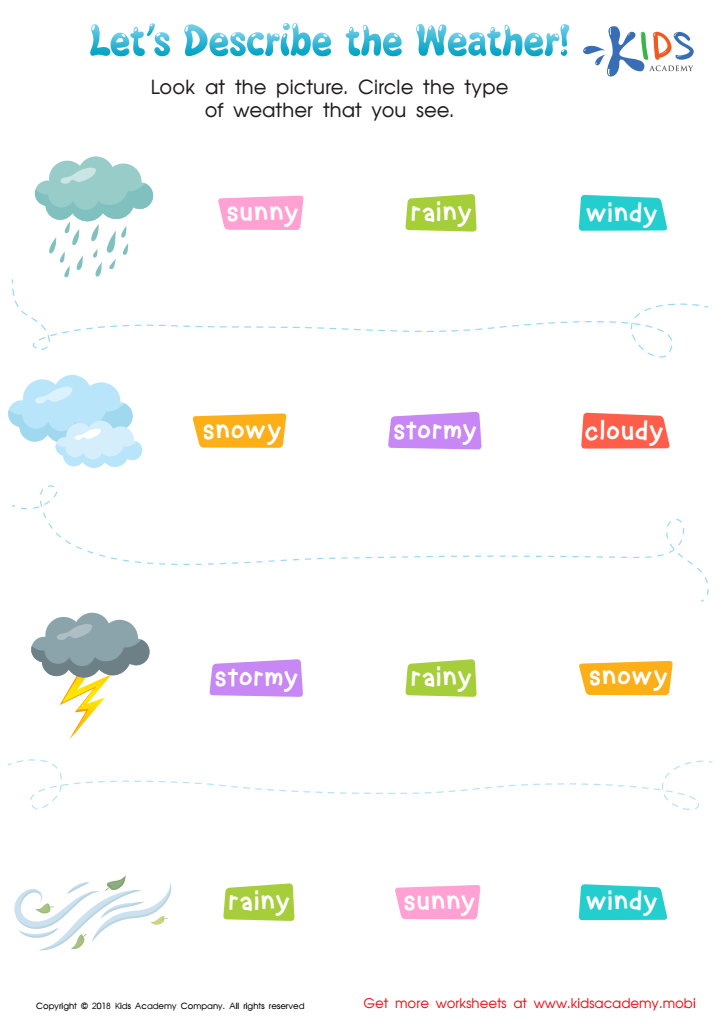

Let's Describe the Weather! Worksheet
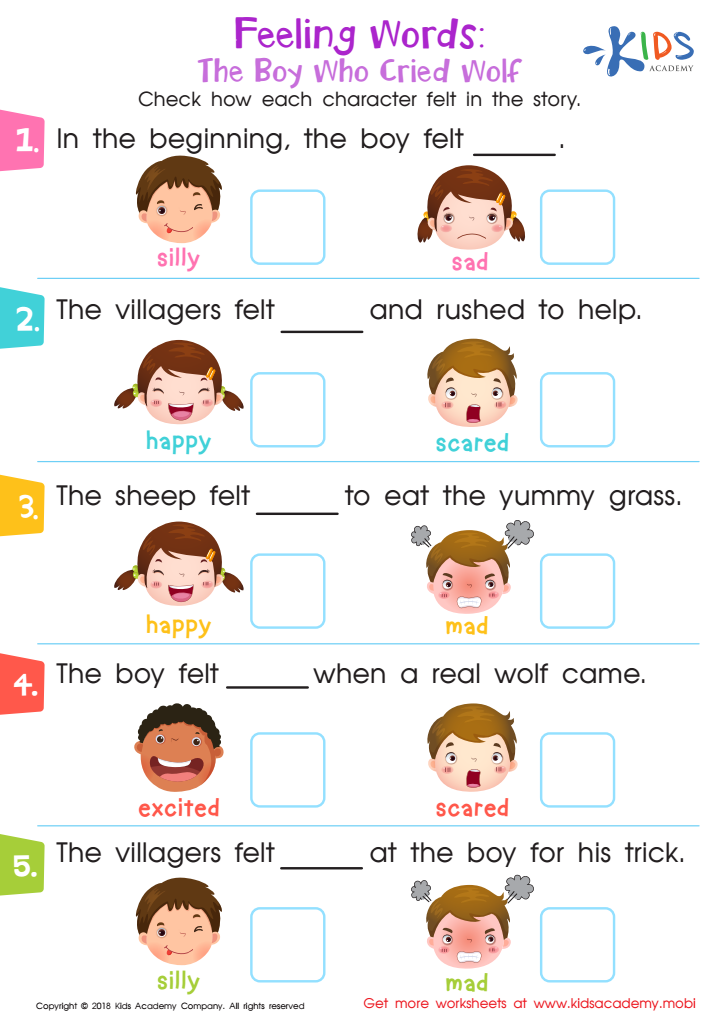

Feeling Words: The Boy Who Cried Wolf Worksheet
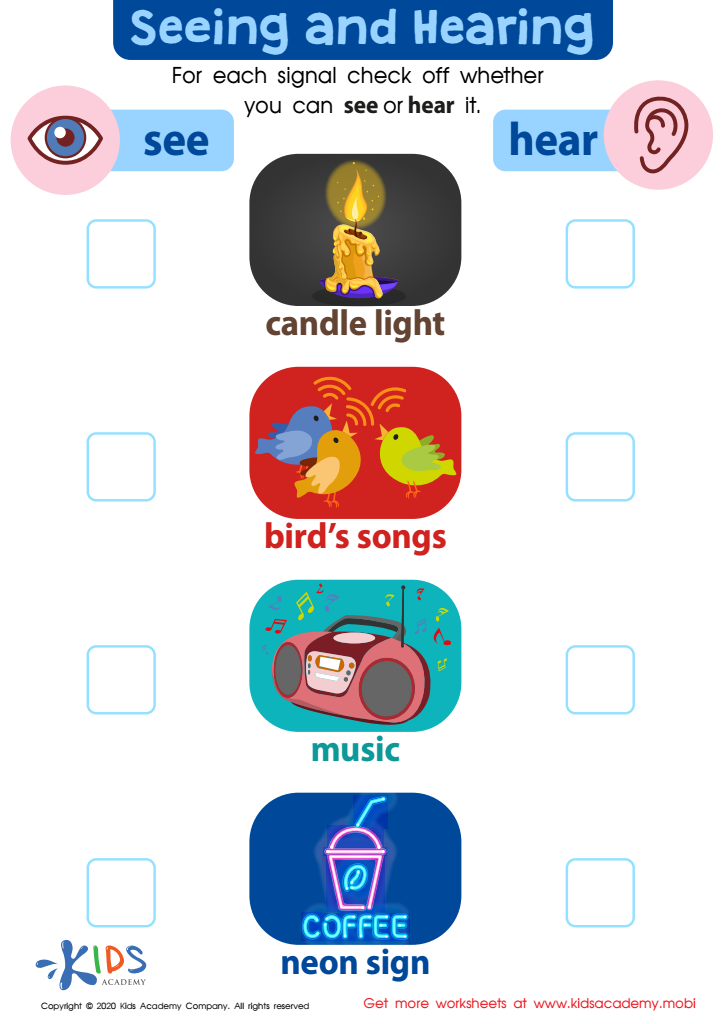

Seeing and Hearing Worksheet
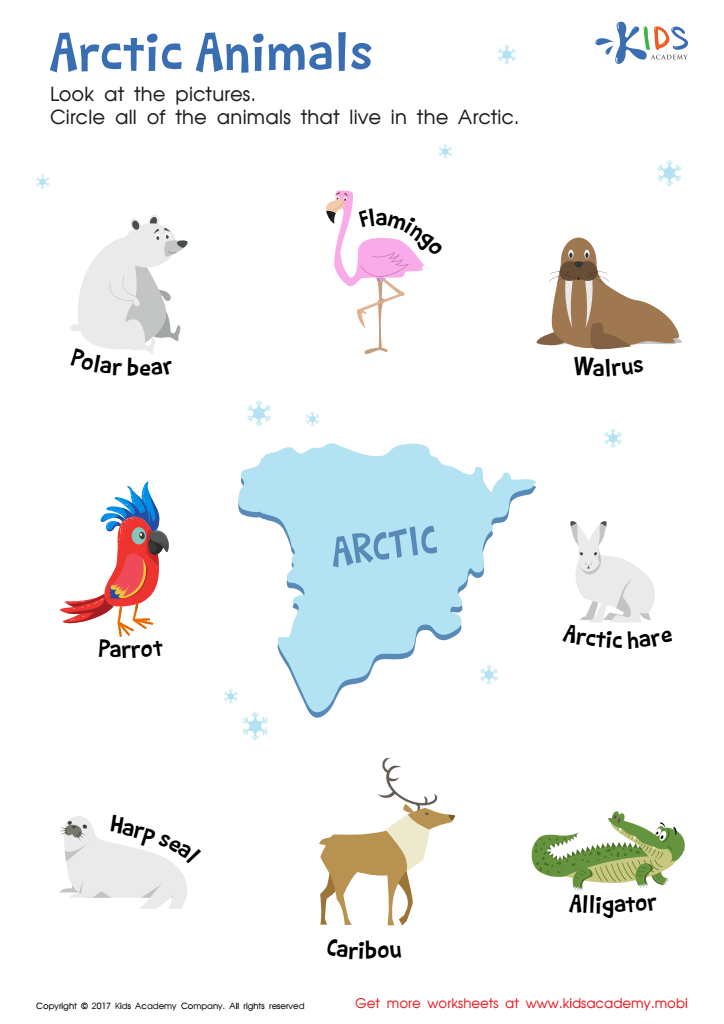

Arctic Animals Worksheet
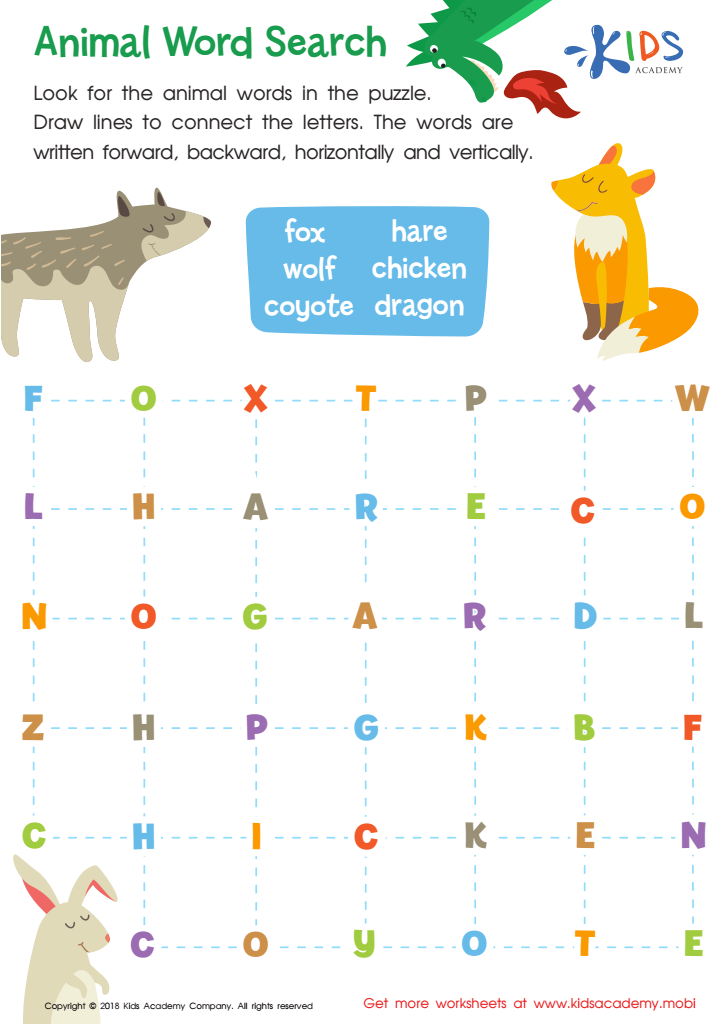

Animal Word Search Worksheet
Vocabulary building is fundamental to a child’s overall academic and social development, especially within the context of Normal Science (basic scientific concepts). For children aged 6-7, building a robust vocabulary in science is crucial because it forms the foundation upon which more complex ideas and reasoning skills will be built.
Firstly, a good vocabulary helps children understand and enjoy science. It enables them to grasp basic scientific concepts and phenomena, such as identifying the parts of a plant, understanding weather patterns, and recognizing different types of animals. This early familiarity can spark curiosity and foster a love for learning.
Secondly, it enhances critical thinking and problem-solving skills. When children have the right words to describe what they observe, they can ask better questions and engage more thoughtfully in discussions. For instance, knowing the term "habitat" instead of just "home" can fine-tune their descriptions and understanding of animal environments.
Finally, communication skills improve considerably with a better vocabulary. As children talk about their observations and hypotheses, they need words to clearly express their thoughts. This articulation not only aids in academic progress but also boosts their confidence and social skills.
In summary, vocabulary building in early scientific education supports understanding, encourages curiosity, enhances critical thinking, and strengthens communication, laying a critical cornerstone for lifelong learning and confident interaction.
 Assign to My Students
Assign to My Students



